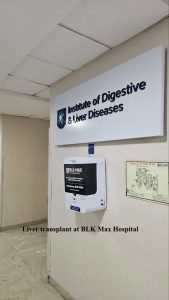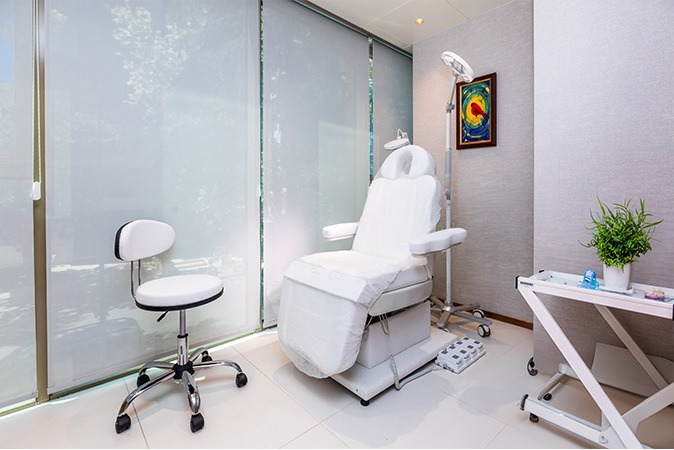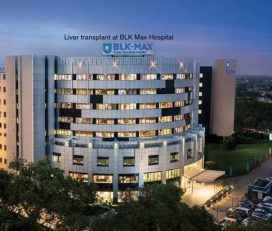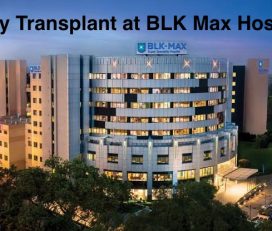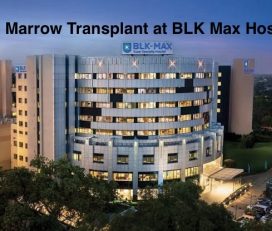
Liver transplant at BLK Max Hospital, New Delhi, India.
Liver transplant procedures at BLK Max Hospital in New Delhi, India, are renowned for their advanced medical care and expertise. The hospital offers state-of-the-art facilities and a highly skilled team of surgeons specializing in liver transplantation. Comprehensive care is provided, from pre-transplant evaluation to post-operative recovery, ensuring patients receive the best possible outcomes. With a focus on patient safety and well-being, BLK Max Hospital is equipped to handle complex liver transplant cases, supported by a multidisciplinary team dedicated to providing exceptional medical care.


